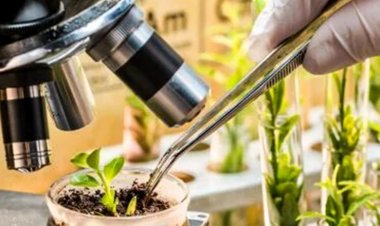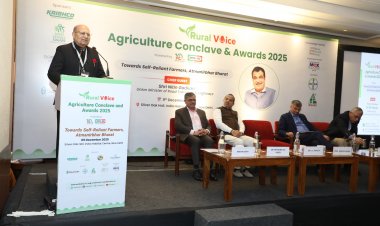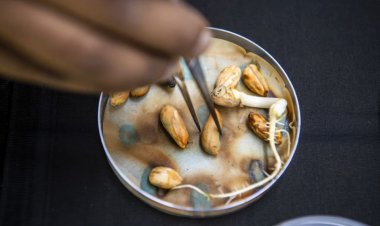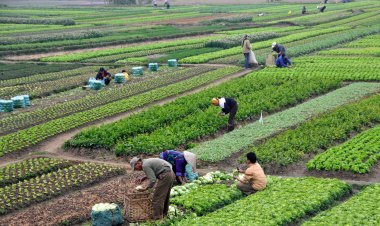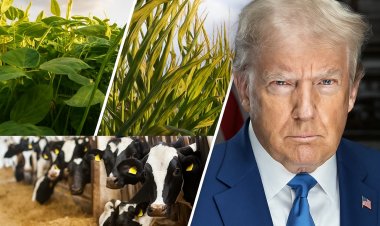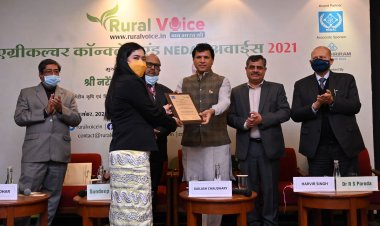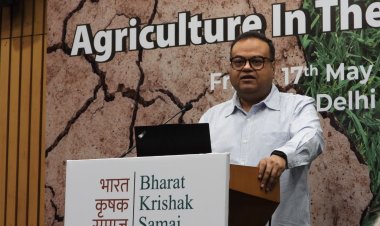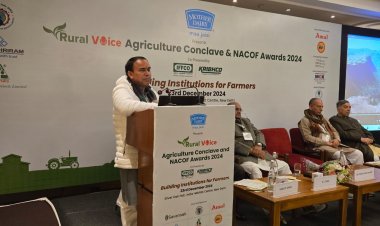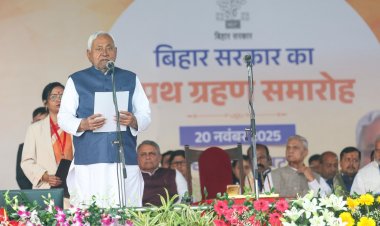Distilleries can help in preserving vaccines!
According to Kanpur-based National Sugar Institute (NSI) director Narendra Mohan, molasses-based distilleries, which are considered major polluters, can take lead in converting carbon dioxide to dry ice for preserving vaccines and packed foods, or for using it in the clarification of sugarcane juice in place of sulphur dioxide.
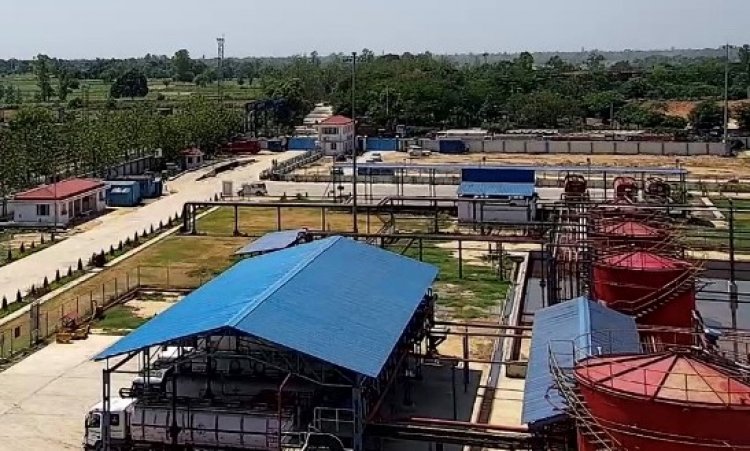
Lucknow
Can the molasses-based distilleries, which are abundant in India owing to the thriving domestic sugar sector, help in preserving vaccines?
The answer is an emphatic Yes!
According to Kanpur-based National Sugar Institute (NSI) director Narendra Mohan, molasses-based distilleries, which are considered major polluters, can take lead in converting carbon dioxide to dry ice for preserving vaccines and packed foods, or for using it in the clarification of sugarcane juice in place of sulphur dioxide.
Stressing on minimizing waste generation by adopting the best technologies and converting ‘Waste to Wealth’, he said huge quantities of potash could be recovered from ash from incineration boilers, while the leftover ash can be utilized for making bricks and roof panels.
Mohan was addressing the valedictory function of a training programme for the scientists of the Central Pollution Control Board and the National Mission for Clean Ganga on December 10.
The five-day session was organized to impart training about standard operating procedures for designing and operating effluent treatment plants and newer technologies for minimizing freshwater usage and waste discharge.
“As regards sugar factories, our objective should be out-of-the-box thinking to stop freshwater usage except during the start of crushing operations. Looking at the quantity of water available in sugarcane, the sugar factories instead can become a source of providing water to society for meeting various needs,” Mohan vehemently suggested.
Meanwhile, the participants were introduced to the functioning of molasses and grain-based distilleries. Dr R Ananthalakshmi, Assistant Professor of Biochemistry, demonstrated methodologies of ethanol and beer production at nano-ethanol and brewery units at the Institute.
Various permutations and combinations of newer fermentation and distillation techniques were described which enable higher productivity, lower energy requirement and lower effluent generation.



 Join the RuralVoice whatsapp group
Join the RuralVoice whatsapp group

















